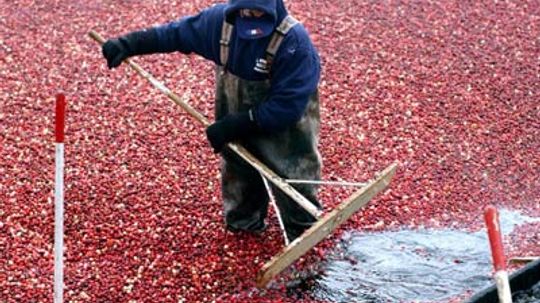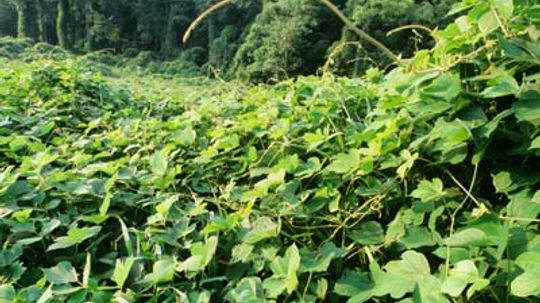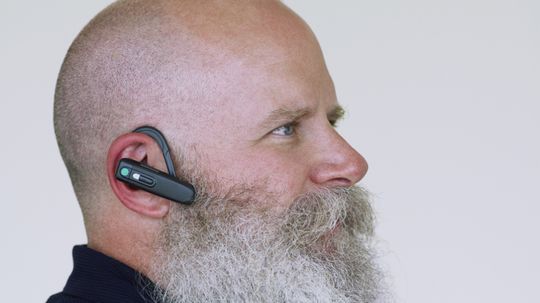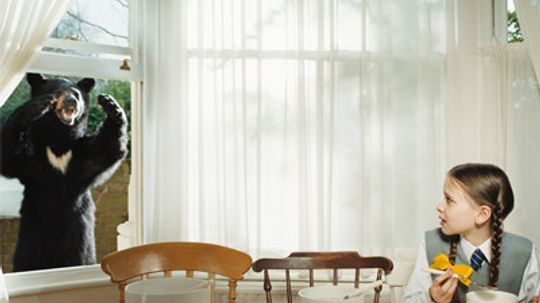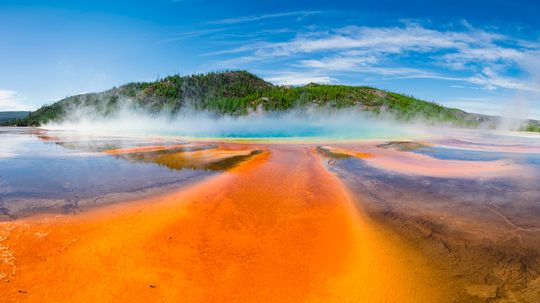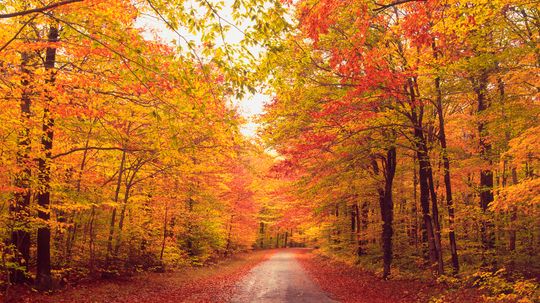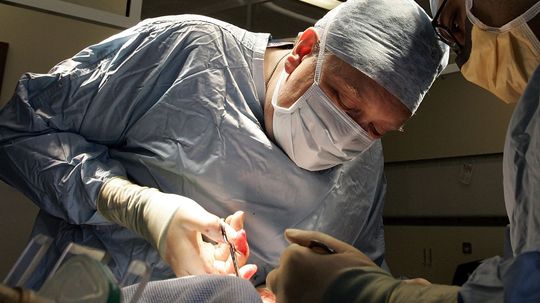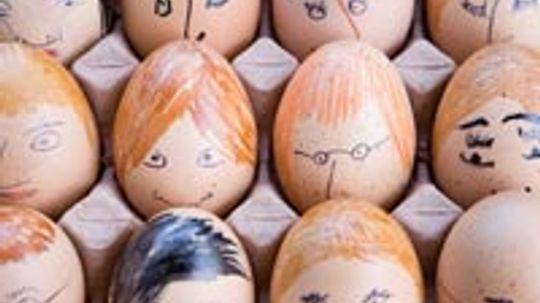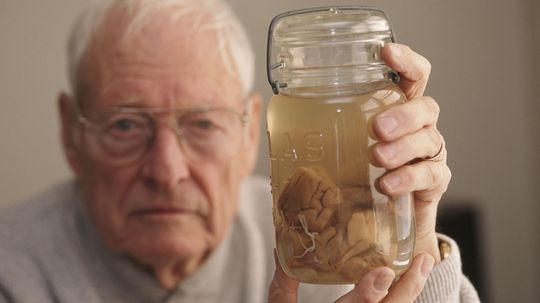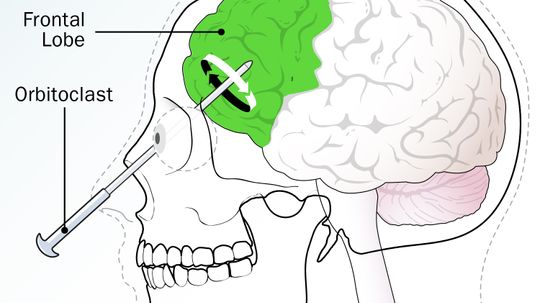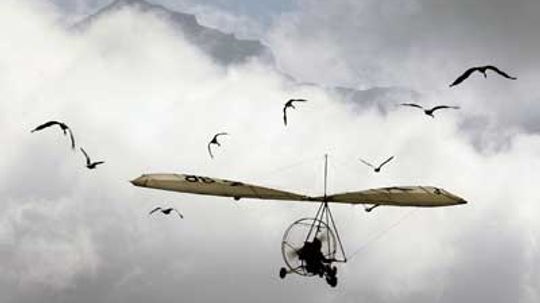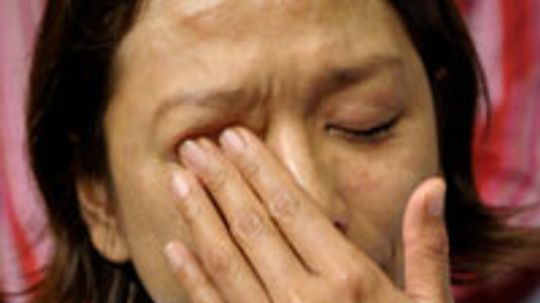Life Science
From the smallest microbe to the largest mammal, Life Science explores the origins, evolution and expansion of life in all its forms. Explore a wide range of topics from biology to genetics and evolution.
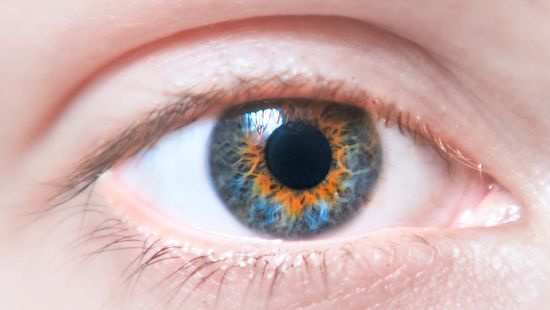
Central Heterochromia: When to Worry About Eye Color
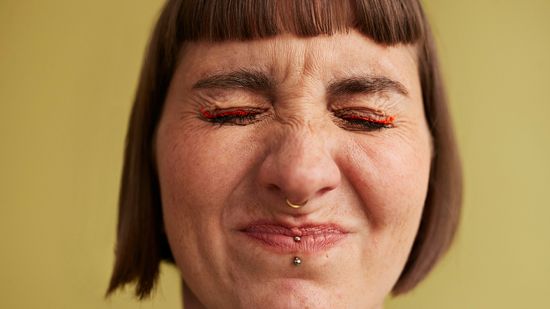
10 Types of Noses to Spot in a Crowd
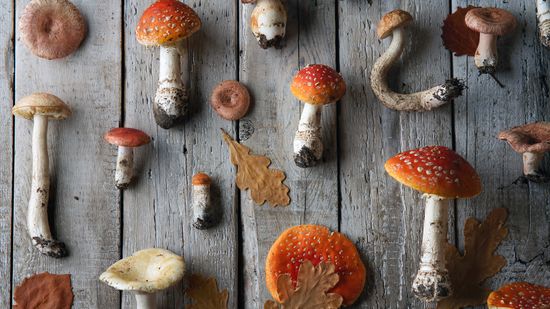
3 Major Types of Mushrooms: Edible, Wild and Poisonous
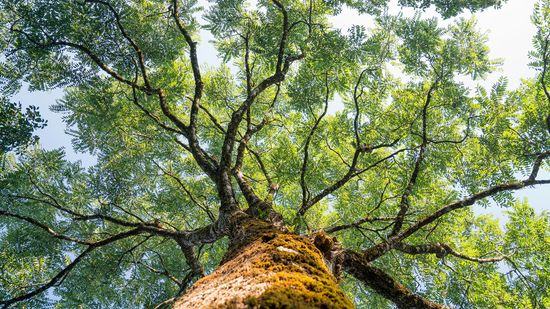
3 Types of Trees You'll Find All Over the Planet
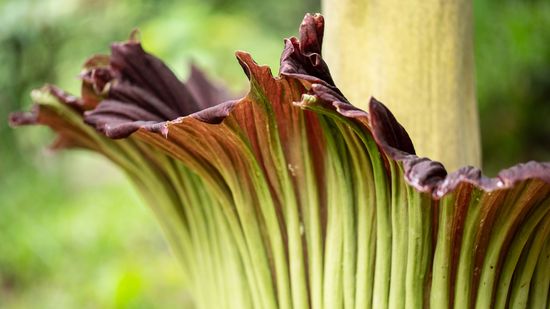
A Corpse Flower Can Grow Over 12 Feet (3.7 Meters) Tall
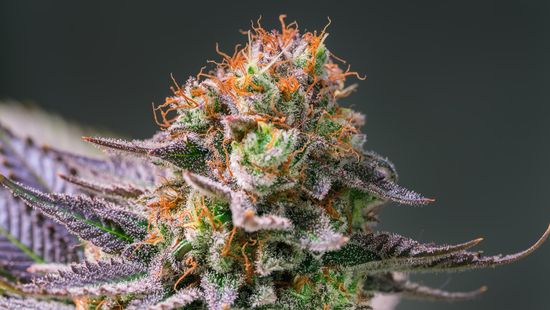
Indica vs. Sativa: How to Distinguish Between Cannabis Plants
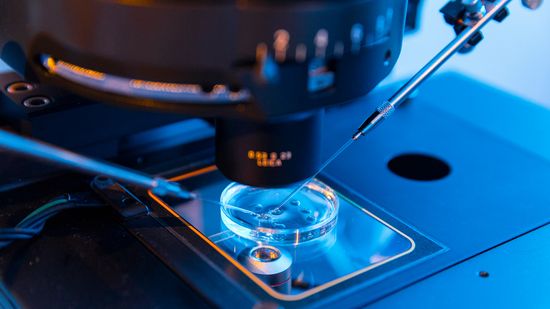
In Vivo vs. In Vitro Trials (and Why Combining Both Is Best)

Hypertonic vs. Hypotonic Solutions: Differences and Uses

Your Phone Is a Germ Factory, So Stop Taking It to the Toilet
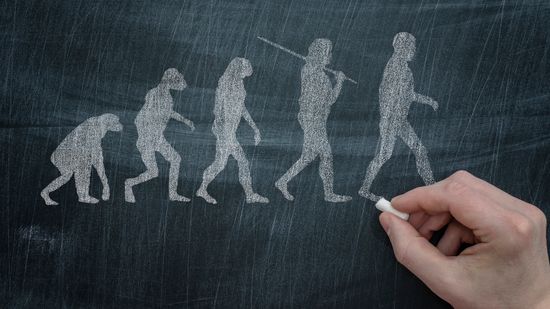
Neanderthal vs. Homo Sapien: Separate Species With Different Fates

Howstuffworks Interviews: Extinction Level Events with Annalee Newitz
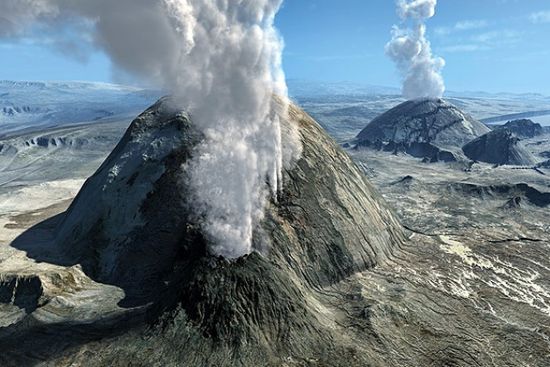
What will the Earth look like in 50,000 years?
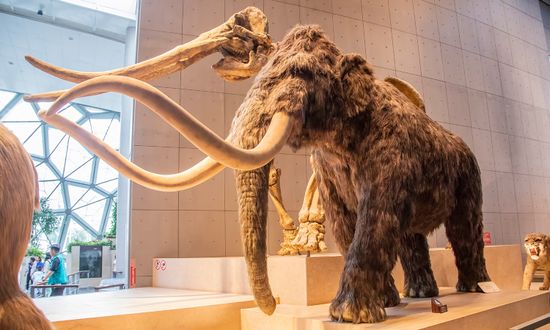
Is a Woolly Mammoth Clone Even Possible?

The Most Common Hair Color Isn't Blonde

What Is the Most Common Eye Color? Over 70% of People Have It
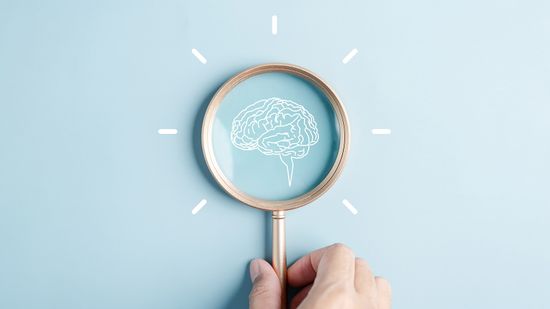
9 Types of Intelligence: The Many Ways to Expand Your Mind
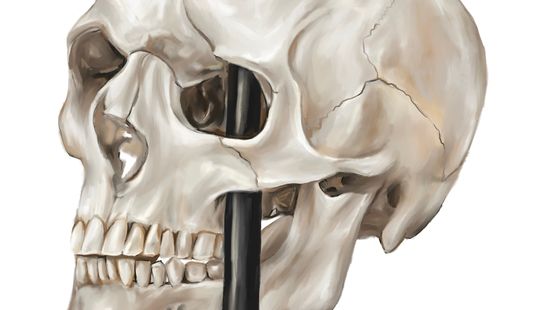
Phineas Gage and the Birth of Modern Neuroscience
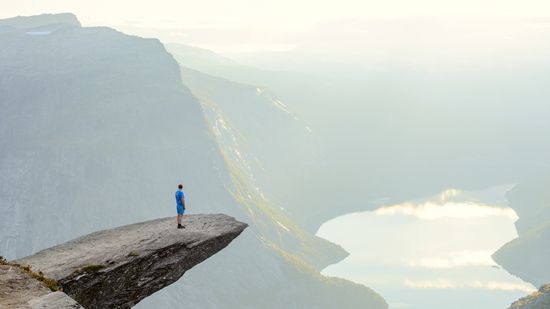
Call of the Void: A Counterintuitive Form of Self-preservation
Learn More / Page 8
How can something as delicate and delicious as a cranberry thrive in something as filthy as a bog? Blame it on the durability of this most unusual and hardy plant.
By Russel Avery
You've heard it on the lips of every newscaster and seen it in the pages of every newspaper and Web site: swine flu. Just how worried should we be about the 2009 version of the H1N1 virus?
They call kudzu the plant that ate the South for a reason. How did this leafy green legume make its way here all the way from Asia, and how has it managed to devour entire buildings?
Advertisement
Happiness is a wonderful thing. Unfortunately, it can also be elusive due to stress or depression. However, strategies abound that you can use to trick yourself into being happy. Ready for 10 of them?
We need food for sustenance and nutrition, but we also eat for pleasure. We like the way some things taste, and enjoy the experience of eating, but can food actually make us happy?
By Josh Clark
Clowns might seem to have more foes than friends, but these entertainers are a key part of laughter therapy in hospitals. There is increasing evidence that a few hearty chuckles can help you along the road to recovery.
Traditional psychology has proven effective in studying and treating mental illness. However, some in the field want to study what makes patients happy instead of what makes them miserable.
By Josh Clark
Advertisement
Exercise, hot peppers, sex: All of these things are said to give you an endorphin rush. What's the science behind this chemical high -- and how do you keep it going?
By Tom Scheve
Many old couples tend to look like each other due to shared life experiences, according to a recent study. Learn more about why older couples look alike.
Hair loss affects millions of Americans -- men, women and even children. That's why a recent gene therapy study from a research group at the University of Pennsylvania has many people excited.
A man in Cornwall, England, went 11 consecutive days without a wink of sleep. Find out how he did it, why he did it and why you shouldn't give it a try.
Advertisement
Kanye West says he says sees music in color. Other people can hear words that make them taste a particular flavor, or they actually feel another person's pain. Welcome to the world of the synesthete. It's a stimulating one.
Nothing beats watching a blockbuster on the big screen, but today's home theater systems do an impressive job bringing that experience into your home. In this article, we'll explain how the components of a home theater system re-create the sounds and
So you're at a family dinner, and your uncle stands up and dramatically announces that he has a brain tumor. How does he know? Because he researched his frequent headaches on the Internet.
Your little brother might think it's funny to put a rubber snake in your pocket or jump out from a closet in a dark hallway, but your heart rate might disagree. Is it possible to be scared out of both your wits and your life?
Advertisement
Are you the first to complain when it's too hot or too cold at work? Extremophiles have news for you: Suck it up. These hardy microbes make most of us humans seem like whimpering Goldilocks, and studying them may tell us more than you might imagine.
Autumn rolls out its very own red carpet to make a fashionable arrival. So why do falling leaves change colors to vibrant hues of crimson, yellow and orange?
Ever hear that urban legend about waking up without your kidney? Would organ thieves have to find a new line of work if cloned organs became a reality?
Sometimes you meet someone who smiles at you and exchanges pleasantries, but you still walk away feeling certain that you don't like him or her. You're not nuts -- you might be picking up on microexpressions.
By Tom Scheve
Advertisement
E=mc2. The theory of relativity. An understanding of the speed of light. These ideas all came from the brain of one man: Albert Einstein. But what happened to his brain after he died?
It's safe to say that no one particularly wants an ice pick through the eye socket. And yet, for years, people who were mentally ill or merely "difficult" had parts of their brains removed this way. The natural question: Why?
Religion is one of the three things you're never supposed to talk about if you don't want your dinner party to turn into a food fight. But what about looking at religion through the lens of science instead of faith? Is there a connection between our gray matters and pray matters?
We've all felt fury wash over us. Whether it's the guy who blurts the score to the game you TiVo'ed or the woman who lets the door slam in your face, anger is universal. You might as well learn how it works.
Advertisement
If you swim like a fish or run like a cheetah, you may understand biomimicry better than you realize. The practice involves imitating models in nature to improve technology and design.
By Robert Lamb
Everyone cries. For some it's an emotional response, while others just shed tears when chopping onions. Are tears a way for us to cleanse our bodies?
By Alia Hoyt
